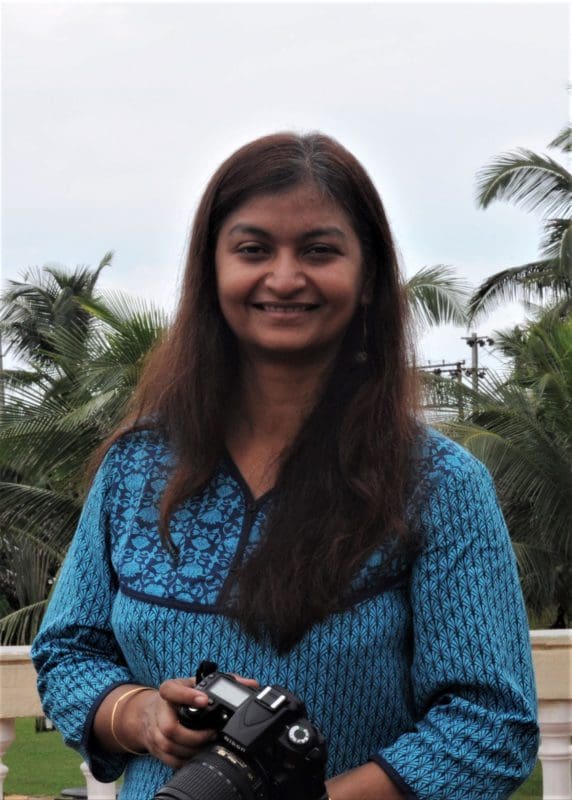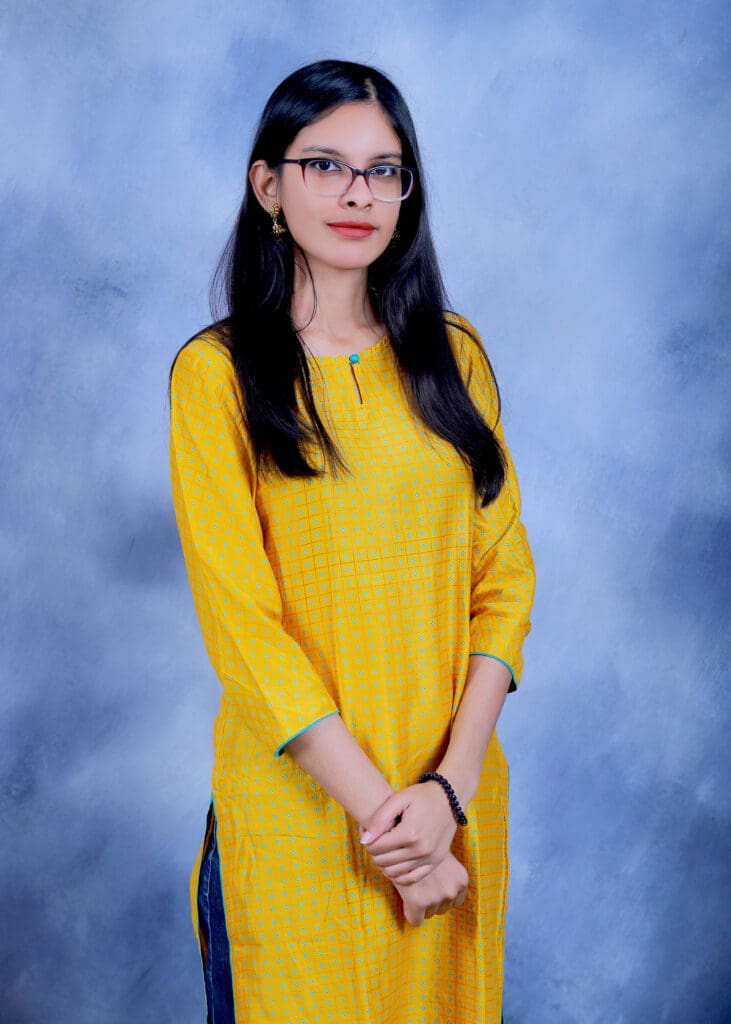
Women and Climate
July 2023 - June 2025
The Rockefeller Foundation
Under the Gender and Climate Action portfolio, ICRW is advancing women-led climate solutions and evidence-generation around the same by partnering with large-scale collective action projects to assess their impact on gender equity, climate resilience, and economic empowerment. Since 2023, we have collaborated with SEWA in India to support and build evidence around 30,000 women salt pan workers in Gujarat’s Rann of Kutch, transitioning from diesel to solar pumps and establish solar farms to sell energy to the grid. Through a two-year learning grant, our research examines whether women-led energy and agriculture programs can drive carbon reduction and women’s economic resilience. Using mixed-methods data collection, we generate evidence to inform local, regional, and national climate and gender policy discussions.
WHAT ARE WE SETTING OUT TO DO?
The International Center for Research on Women (ICRW) is generating evidence for women-led and women-centric climate solutions to drive resources and action. Launched in 2022 as a part of our Climate Action portfolio, ICRW is partnering with large scale women’s collective climate-action projects to assess their effectiveness in addressing climate change, advancing gender equity, and creating good, resilient economic opportunity.
Since 2023, ICRW has partnered with the Self-Employed Women’s Association (SEWA), in India, which is working with over 30,000 salt pan women workers and their families in the Runn of Kutch area of Gujarat to enable them transition from diesel to solar pumps and set-up solar farms to sell energy to the power grid, bringing communities out of poverty. Additionally, SEWA is supporting workers who are aiming to establish a large-scale solar farm to sell solar energy at scale with the goal of creating additional income, employment and economic resilience among the salt-pan workers and their families. The government provided subsidies to reduce the solar pump costs, making them much more accessible to the workers.
Through this two-year learning grant, we aim to answer: Do women-led collective energy and agriculture climate programs embedded within an economic empowerment model lead to effective carbon reduction and economic resilience results?
WHAT METHODS ARE WE USING?
The study is being conducted with women salt pan farmers across three blocks – Halvad, Patdi, and Dharangadhra – of Surendranagar and Morbi districts of Gujarat. These blocks have over 30000 women farmers working in the salt pans. Among these, 15,000 are SEWA members, and around 7,000 have shifted from diesel to solar pumps.
The study design includes mixed methods of data collection consisting of a socio-economic survey, in-depth interviews, key informant interviews, recording of energy use patterns, and review of literature/documents to answer proposed research questions. For documenting energy use pattern, we used a repeat survey method and a two-arm comparative design for the socio-economic survey with women salt pan workers. For the qualitative components, purposive sampling was adopted, and a narrative approach was utilised for interviewing.
DISSEMINATION
Evidence generated as a part of the Climate Action portfolio will be elevated to major research and policy forums to inform the research for local, regional, and national policy events.
Project Team

Pranita Achyut

